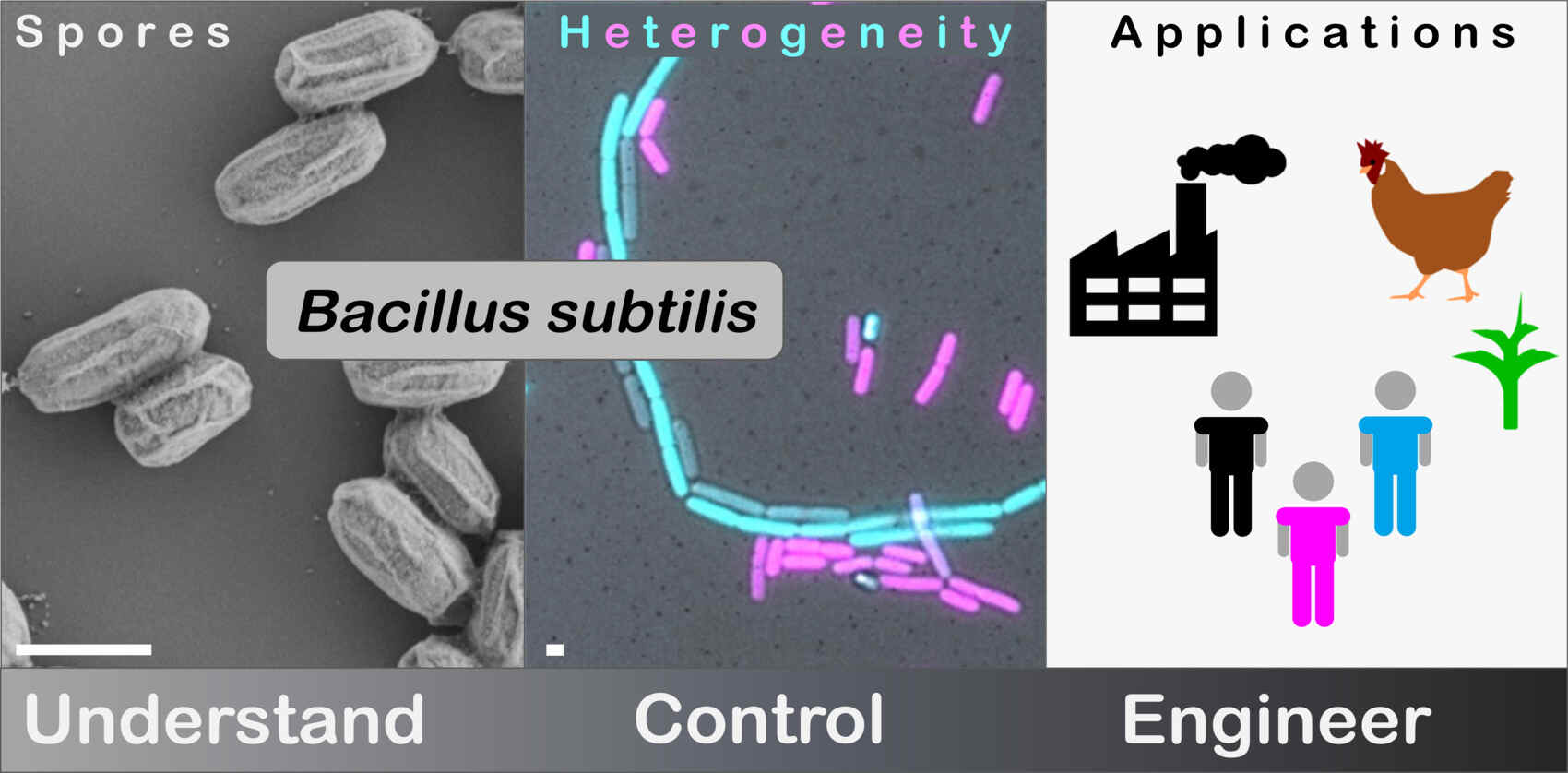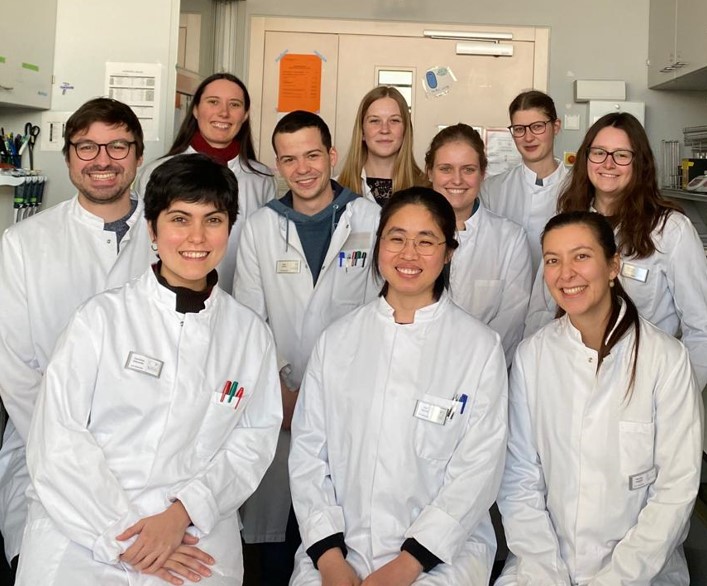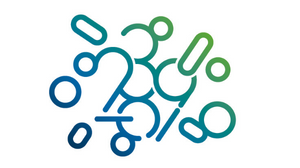Complex Adaptive Traits (CATs) in beneficial Bacilli
Dr. Ilka Bischofs
We delve into the microscopic world to enable macroscopic advancements in biotechnology
The µCATs Lab studies beneficial, spore-forming and industrially relevant Bacilli. Our goal is to unravel the mechanisms that enabled these bacteria to spread in nature and survive in ever-changing environments. By understanding their complex adaptive traits (CATs), we aim to develop innovative solutions to better control and engineer these bacterial populations in applied settings.
Our work focuses on the fascinating biology and biophysics of dormant and very resistant endospores, which serve in a wide range of spore-based applications ranging from green agriculture, health & material science to astro-biotechnology. We also study the ability of these bacteria to make special metabolites and act as cell factories to produce valuable compounds. Importantly, not all spores and cells behave identical. We investigate how this heterogeneity arises and study its consequences.
Research Strategy
Our research operates at the interface of microbial physiology, quantitative biology, and biotechnology. We develop new - mostly imaging-based - quantitative methods and integrate systems and synthetic biology approaches to investigate Bacillus subtilis at multiple scales - from the population down to the cellular and molecular level. Working with a well-studied model organism allows us to address fundamental questions, specifically regarding endospores and phenotypic population heterogeneity. The discoveries gained by our methods inspire translational research on other Bacilli, pave the way to better control bacterial populations and to engineer them for biotechnological applications. Our research output therefore appeals to different scientific communities and is recognized both by academia and industry.

Collaborative Research and Training
The µCATs Lab is an independent research group of the Max Planck Institute for Terrestrial Microbiology (MPIterMic). We work in close collaboration with other groups from the BioQuant, the ZMBH and Heidelberg University. We enjoy interactions with external groups, both from academia and industry, to drive our research agenda forward and contributing to national priority programs with our expertise. In cross-disciplinary studies we investigate other stress-associated phenomena with relevance for humans and the environment using B. subtilis as a model organism, e.g. formation of methane.

With the support provided by two research institutions with complementary expertise - the BioQuant and the MPIterMic - the µCATs Lab provides outstanding interdisciplinary training opportunities for junior researchers from the Bachelor, Master to the PhD level and supports international postdoc scholars and visitors.

Ilka Bischofs
- +49 (0)6221 54-51365
- ilka.bischofs@bioquant.uni-heidelberg.de
- BioQuant, Im Neuenheimer Feld 267, Room 602
VON DEN GRUNDLAGEN ZUR ANWENDUNG
Was können uns Sporen über das Leben lehren und wie beeinflussen sie unser Leben? Sporen (über) Leben. Kurzvortrag im Rahmen der akademischen Mittagspause der Health + Life Science Alliance Heidelberg - Mannheim in der Peterskirche Heidelberg.

Ein Artikel im BioSpektrum beschreibt unsere Erkenntnisse zur Sporenbildung und deren Bedeutung für die Biotechnologie.
SPP2389

In a tandem project with Karl Rohr we contribute to the Priority Program on Emergent functions of bacterial multicellularity,
WELCOME
We welcome Can Benson, Isabell Weik and Enkhbold Erka as new members of our team.
Bachelor thesis completed! Congratulations Bastian and Philipp!

Selected Publications
Methane formation driven by reactive oxygen species across all living organisms.
Leonard Ernst, Benedikt Steinfeld, Uladzimir Barayeu, Thomas Klintzsch, Markus Kurth, Dirk Grimm, Tobias P. Dick, Johannes G. Rebelein, Ilka B. Bischofs & Frank Keppler
Nature 603, pages 482–487 (2022)
Ratiometric population sensing by a pump-probe signaling system in Bacillus subtilis.
Heiko Babel, Pablo Naranjo-Meneses, Stephanie Trauth, Sonja Schulmeister, Gabriele Malengo, Victor Sourjik & Ilka B. Bischofs
Nature Communications volume 11, Article number: 1176 (2020)
Alper Mutlu, Stephanie Trauth, Marika Ziesack, Katja Nagler, Jan-Philip Bergeest, Karl Rohr, Nils Becker, Thomas Höfer &Ilka B. Bischofs
Nature Communications volume 9, Article number: 69 (2018)